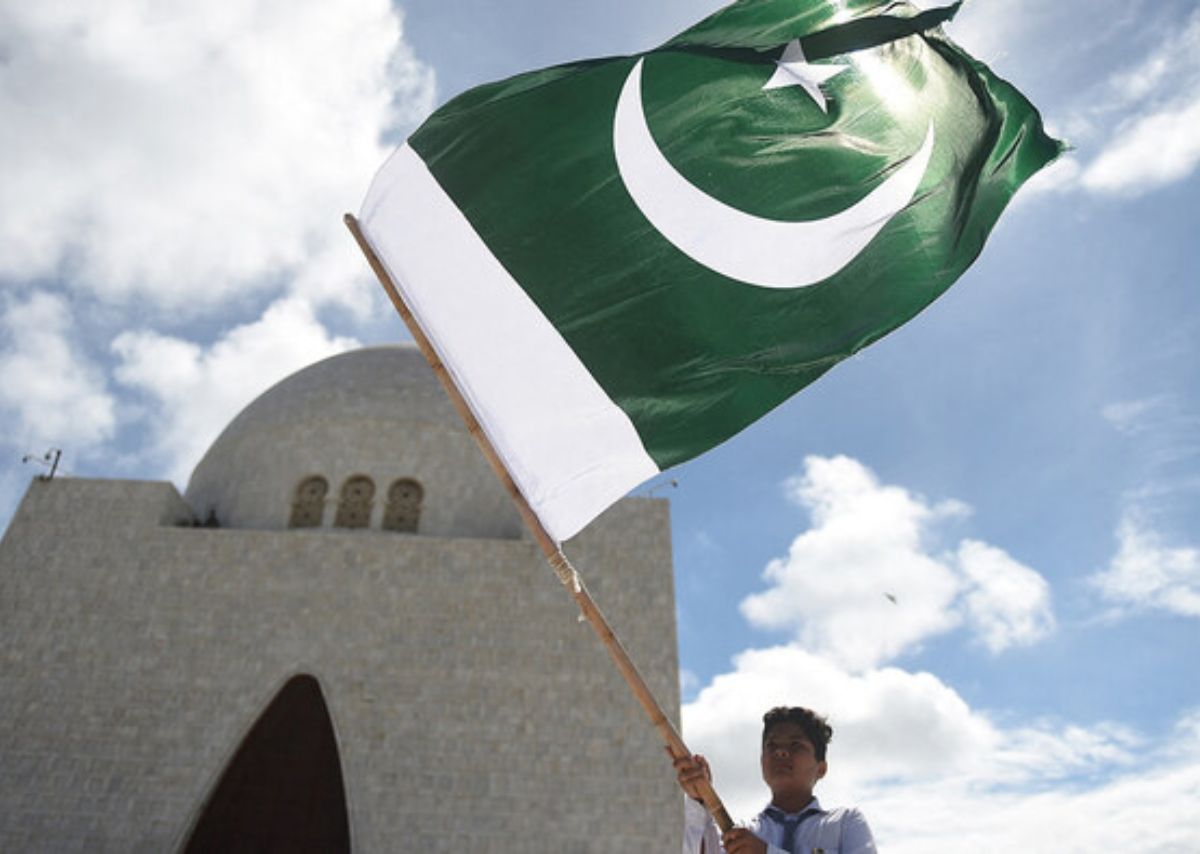Pakistan’s newly formed Crypto Council has sparked intrigue with a proposal that could reshape its economic future. Behind closed doors, policymakers and tech leaders debated an unexpected solution to two pressing challenges: energy waste and financial innovation.
Harnessing Surplus Power
Pakistan’s electricity grid frequently produces excess energy, much of which goes unused due to ageing infrastructure or low demand. Bilal Bin Saqib, CEO of the Pakistan Crypto Council (PCC), sees this as a golden opportunity. At the council’s inaugural meeting, he proposed diverting surplus power to fuel Bitcoin mining operations, a process requiring massive computational energy.
By converting wasted electricity into cryptocurrency, Pakistan could generate revenue while addressing energy inefficiencies. Officials estimate this approach might attract foreign investors seeking sustainable crypto ventures. But the State Bank governor emphasised balancing innovation with risk management during discussions.
From Crypto Skepticism to Strategic Embrace
Just a year ago, Pakistan’s government dismissed cryptocurrencies as incompatible with anti-money laundering laws. Former finance official Aisha Ghaus Pasha declared crypto would “never be legal,” citing strict Financial Action Task Force (FATF) guidelines. Today, the PCC’s launch signals a stark reversal.
Analysts attribute this shift to mounting economic pressures and a youth-driven demand for digital opportunities. With 64% of the population under 30, Pakistan aims to harness tech-savvy talent through blockchain education and crypto startups. Senator Muhammad Aurangzeb, who chairs the council, called the move “a leap toward empowering our next generation.”
Global Trends Accelerate Local Policy Shifts
Pakistan’s pivot aligns with a broader pro-crypto wave led by the United States. Following Donald Trump’s re-election, U.S. federal policies rapidly embraced digital assets, including a Bitcoin strategic reserve and bans on central bank digital currencies (CBDCs). Key highlights are Pakistan’s announcement of its crypto regulatory framework on Nov. 4, 2024, which is the same day as U.S. elections.
While critics question the timing, PCC members argue global momentum offers Pakistan a chance to attract diaspora investments and avoid isolation in fintech. “We’re not copying others, but adapting lessons to our needs,” stated Federal IT Secretary Ahmed Faraz.
Regulatory Blueprint
The PCC’s first meeting focused on balancing innovation with security. Attendees, including SECP Chairman Ali Reza, stressed the need for clear licensing rules, fraud prevention, and a national blockchain strategy. Pilot programs for Bitcoin mining will test viability before scaling up.
Crucially, the council plans to recycle existing infrastructure—like underutilised power plants—for mining hubs. This avoids costly new projects while addressing energy waste. “Why reinvent the wheel?” asked Bilal Bin Saqib. “Let’s turn what we have into engines of growth.”
Opportunities and Hurdles
Despite optimism, challenges loom. Energy experts warn that mining’s high costs could strain grids if demand surges. Others fear environmental backlash, though Saqib countered that surplus energy use would reduce carbon footprints.
Public trust remains another hurdle. After years of crypto bans, educating citizens and businesses is critical. The PCC plans nationwide workshops to demystify blockchain technology. They plan to do this by having partnerships with universities aimed at cultivating local expertise.
A Gamble for Economic Revival
Pakistan’s crypto ambitions reflect a nation eager to modernise its economy. By monetising idle resources, the proposal could unlock billions in revenue and position the country as a regional tech leader. However, success hinges on meticulous execution and global market stability.
As Senator Aurangzeb noted, “This isn’t just about Bitcoin; it’s about rewriting Pakistan’s economic story.” With cautious optimism, the council prepares to draft regulations, aware that missteps could deter investors. For now, the world watches as Pakistan gambles on a digital future
Written By Fazal Ul Vahab C H




